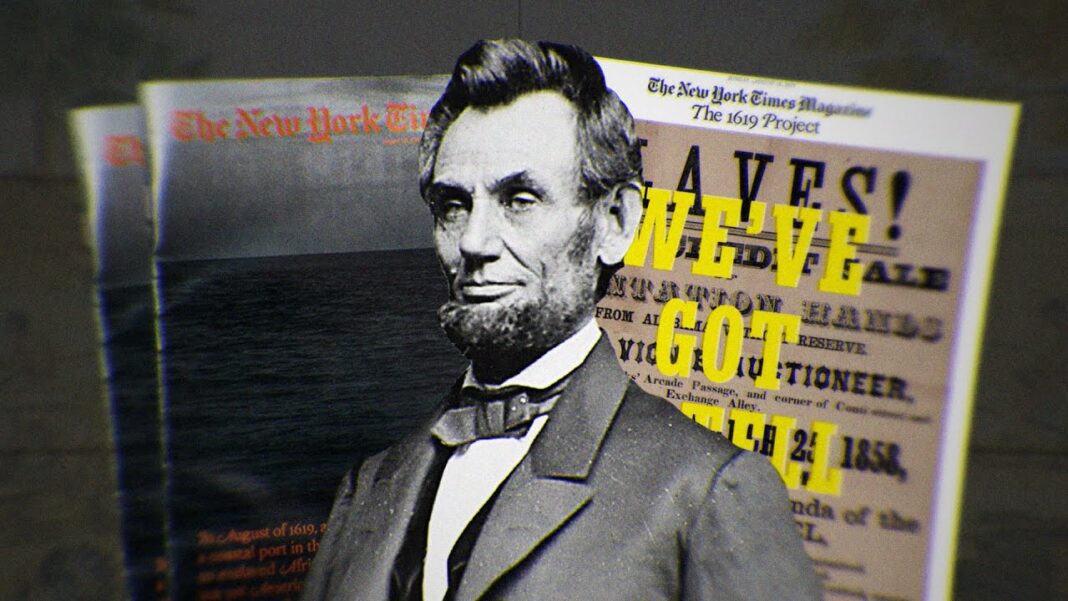The paper’s series on slavery made avoidable mistakes. But the attacks from its critics are much more dangerous.
On August 19 of last year I listened in stunned silence as Nikole Hannah-Jones, a reporter for the New York Times, repeated an idea that I had vigorously argued against with her fact-checker: that the patriots fought the American Revolution in large part to preserve slavery in North America.
Hannah-Jones and I were on Georgia Public Radio to discuss the path-breaking New York Times 1619 Project, a major feature about the impact of slavery on American history, which she had spearheaded. The Times had just published the special 1619 edition of its magazine, which took its name from the year 20 Africans arrived in the colony of Virginia—a group believed to be the first enslaved Africans to arrive in British North America.
Weeks before, I had received an email from a New York Times research editor. Because I’m an historian of African American life and slavery, in New York, specifically, and the pre-Civil War era more generally, she wanted me to verify some statements for the project. At one point, she sent me this assertion: “One critical reason that the colonists declared their independence from Britain was because they wanted to protect the institution of slavery in the colonies, which had produced tremendous wealth. At the time there were growing calls to abolish slavery throughout the British Empire, which would have badly damaged the economies of colonies in both North and South.”
I vigorously disputed the claim. Although slavery was certainly an issue in the American Revolution, the protection of slavery was not one of the main reasons the 13 Colonies went to war.
The editor followed up with several questions probing the nature of slavery in the Colonial era, such as whether enslaved people were allowed to read, could legally marry, could congregate in groups of more than four, and could own, will or inherit property—the answers to which vary widely depending on the era and the colony. I explained these histories as best I could—with references to specific examples—but never heard back from her about how the information would be used.
Despite my advice, the Times published the incorrect statement about the American Revolution anyway, in Hannah-Jones’ introductory essay. In addition, the paper’s characterizations of slavery in early America reflected laws and practices more common in the antebellum era than in Colonial times, and did not accurately illustrate the varied experiences of the first generation of enslaved people that arrived in Virginia in 1619.
Leslie M. Harris is professor of history at Northwestern University, and author of In the Shadow of Slavery: African Americans in New York City, 1626-1863 and Slavery and the University: Histories and Legacies.







